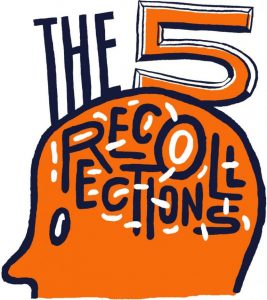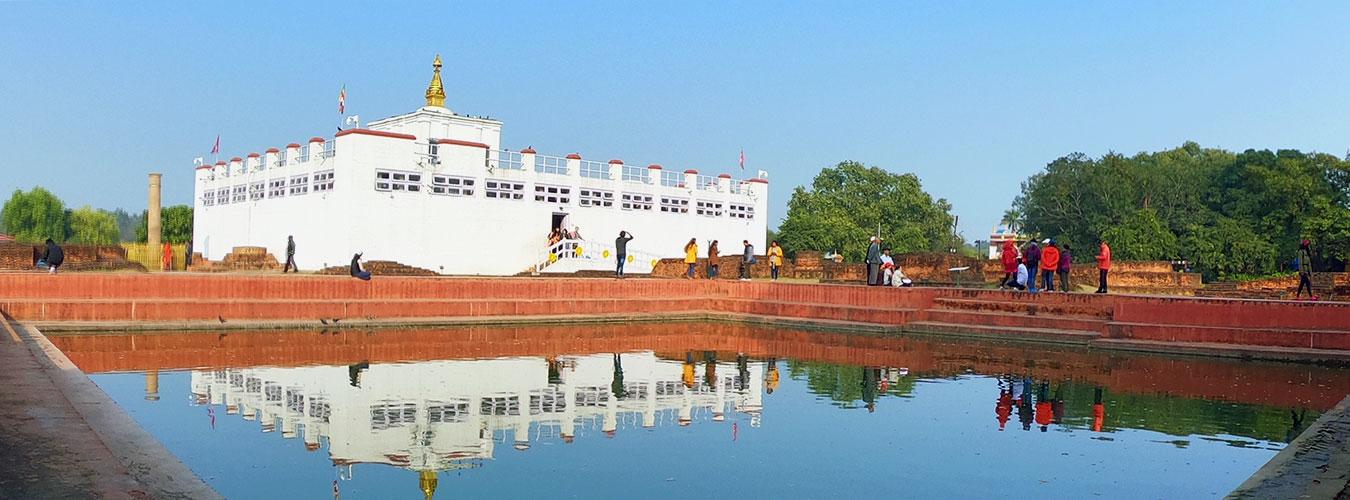The United Nations General Assembly, by its resolution 54/115 of 1999, recognised internationally the Day of Vesak to acknowledge the contribution that Buddhism, one of the oldest religions in the world, has made for over two and a half millennia and continues to make to the spirituality of humanity. This day is commemorated annually at the UN Headquarters and other UN offices, in consultation with the relevant UN offices and with permanent missions, which also wish to be consulted.
Background
The teachings of the Buddha, and his message of compassion and peace and goodwill have moved millions. Millions around the world follow the teachings of the Buddha and on the Day of Vesak commemorate the birth, the attainment of enlightenment and the passing away of the Buddha.
A Message from the former Secretary-General, Javier Perez de Cuellar, to Buddhists on the Day of Vesak in May 1986 reads:
“For Buddhists everywhere it is indeed a felicitous opportunity, while commemorating the birth, enlightenment and passing away of Guatama Buddha, to celebrate his message of compassion and devotion to the service of humanity. This message is today perhaps more relevant than ever before.”
Peace, understanding and a vision of humanity that supersedes national and other international differences are essential if we are to cope with the complexities of the nuclear age.
This philosophy lies at the heart of the Charter of the United Nations and should be prominent in all our thinking, especially during this International Year of Peace”–Javier Perez de Cuellar.
Message of the UN Secretary-General
I send warm wishes to all celebrating the Day of Vesak, a sacred occasion to millions of Buddhists around the world.
As we honour the birth, enlightenment and passing of Lord Buddha, we can all be inspired by his teachings.
And as the human family suffers the impacts of the COVID-19 pandemic, we are reminded of the sutra: “Because all living beings are subject to illness, I am ill as well.”
This timeless message of unity and service to others is more important than ever. It is only together that we will stop the spread of the coronavirus and recover.
On the Day of Vesak, let us celebrate Lord Buddha’s wisdom by taking action for others with compassion and solidarity, and by renewing our commitment to build a peaceful world.
António Guterres
Buddhism: What Are the Five Recollections?
Frank and pithy, these five reminders about the reality of impermanence and karma are attributed to the Buddha himself, as taught in the Upajjhatthana Sutta. Though they start with what is plainly “bad news,” contemplating the Five Recollections helps us accept life’s difficulties, motivating us to practice and be kind to ourselves and others.
- I am of the nature to grow old; there is no way to escape growing old.
- I am of the nature to have ill health; there is no way to escape having ill health.
- I am of the nature to die; there is no way to escape death.
- All that is dear to me and everyone I love are of the nature to change. There is no way to escape being separated from them.
- My deeds are my closest companions. I am the beneficiary of my deeds. My deeds are the ground on which I stand.
These traditional statements of foundational Buddhist thought have been embraced by dharma communities across traditions, many of which recite them daily. Try reciting them three times over and notice how your feelings about them do or do not change in the process.

![]()


